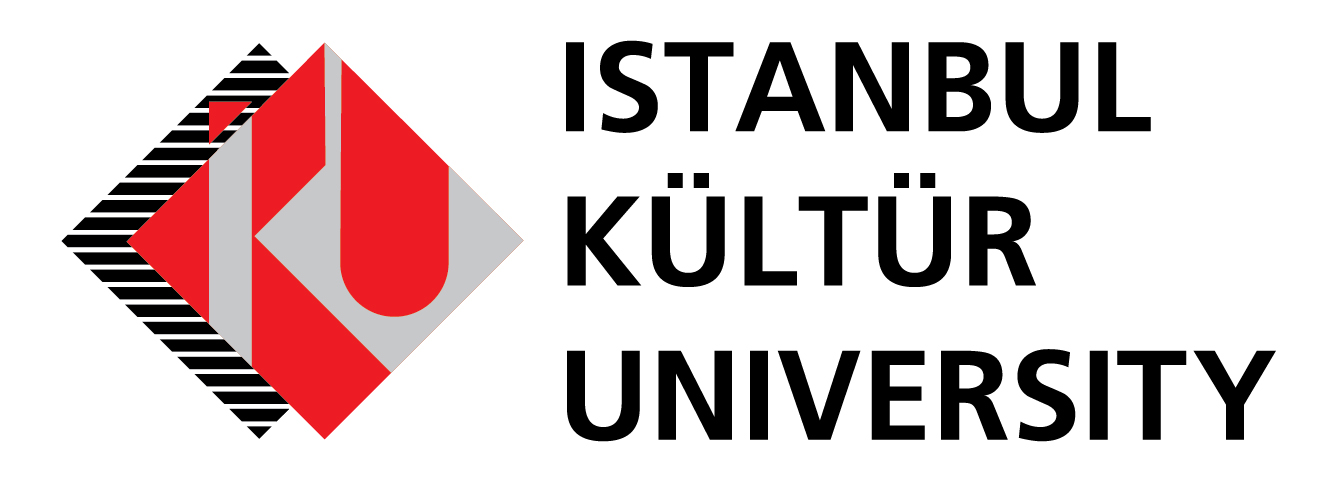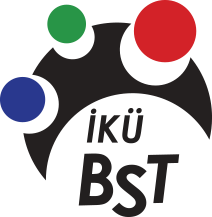Spring semester has started in universities. Last week, YÖK's announcement on applied education in the new period opened the door to face-to-face education at universities. Istanbul Kültür University Vocational School Director Assist. Prof. Sinan Kesici who noted that the hybrid education model will turn into an advantage with effective planning and technological infrastructure in vocational schools based on applied education, suggested that the candidates of associate degree who will decide where to receive education in the new normal to research the digital education systems of universities. Assist. Prof. Sinan Kesici who noted that even if everything becomes normal again after the pandemic, the transition to face-to-face education will not be the same, summarized a year of vocational education under the shadow of the pandemic as follows:
“Above all, with the pandemic, the importance of education management was once again understood and new paradigms emerged. Apart from the classical understanding, there was also an approach to search for a method. In the vocational schools, which provide 2-year education and where applied education on the basis of programs and courses are predominant, education administrators, program directors and lecturers who are responsible for applied courses also turned to new search and teaching methods in this process. In programs based on the acquisition of basic manual skills, they used virtual reality and cloud computing solutions in addition to online lessons in order to increase the productivity of vocational education. Universities that are suitable for distance education and that can be rapidly moved to a virtual environment, with these solutions, have managed to minimize the learning losses especially for students who are at the graduation stage. In addition, virtual activities other than online lessons also contributed to this situation.”
Hybrid Education Can Become An Advantage For Associate Degree Programs
Assist. Prof. Kesici who noted that distance education systems that provide 24/7 access to educational content and resources for Vocational School students are important, also talked about the hybrid education process in associate degree:
“Apart from the applied courses that require students to be at school, hybrid education can be used in vocational education in higher education. Co-ed not only benefits working students, but also allows professionals to increase their knowledge and skills while working. Lessons given in technologically supported hybrid classrooms can also eliminate the concerns and disadvantages of distance learning. Experiences related to basic manual skills can be fulfilled in the face-to-face part of the lesson planned as hybrid with a concentrated method. However, it is very important that the university's information systems and technologies infrastructure, its digital culture and planning for applied courses are done correctly. Otherwise, hybrid education may turn into a disadvantage. "
R&D Period in Vocational Education
Assist. Prof. Kesici who remarked that the ultimate goal of vocational education at higher education is to educate graduates with the professional competence required by the sector, noted that sector-oriented needs analysis are important in determining associate degree programs and quotas. Our teacher who pointed out that the Vocational Education Research and Development Center (MEAGEM), whose foundation works have been completed in IKU, will meet an important need on the basis of analysis, summarized the mission of the center in the field of vocational education with the following words:
“The center aims to take vocational education to a higher level through sector-university cooperation. The definition and equivalence of applied vocational education within the scope of the framework regulation will also be provided. With this application, which will pave the way for vocational training in the workplace, the sector will be able to close the employment gap with the real professionals called qualified. The center, which will open its doors to Applied Vocational Education courses to the fullest, will benefit both vocational school students and graduates and the business world in search of expert human resources. "
Recommendations for Associate Degree Candidates
Assist. Prof. Sinan Kesici who drew attention to the role of universities in the change in the perception that education in vocational schools cannot be given remotely, said:
“With the pandemic, there has been a perception that vocational education cannot be provided remotely. Universities play an important role in changing this perception. Sharing technical facilities, infrastructures and applied distance education methods with the principle of transparency can fix the perceptions regarding vocational education.”
Assist. Prof. Kesici who noted that concepts such as modeling and simulation applications, virtual reality, modular workplace applications, cloud computing and data analysis should be passed on to candidates who want to receive vocational training, also gave recommendations to the young people who will prefer an associate degree program in 2021:
“It is predicted that 25 percent of today's professions will no longer be performed by people in the next 5 years. I recommend that associate degree candidates consider this prediction in their preferences. In their preferences, they should definitely make researches and preferences related to Digital Vocational Education by foreseeing the world of the next 5 or 10 years. In addition, the pandemic experience has shown that even if everything becomes normal, the answer to the question "How to Move to Face-to-Face Education?" will be “Not like before”. Vocational school candidates should therefore look for digital education opportunities as well as the university's connections with the business world and its staff in their program and university preferences. Associate degree candidates should be able to ask the following questions while researching their university preferences: 'Does the university use its own solution in distance education?', 'How is information investments?', Are its classrooms suitable for hybrid education?', 'Can they access courses 24/7 from digital?' 'How are digital exams conducted?', 'How is the teacher-student dialogue established in distance education?' Are there sectoral meetings to support teaching during the education period? "Each of these questions is very important for the students who will make their associate degree preferences in the new normal."


